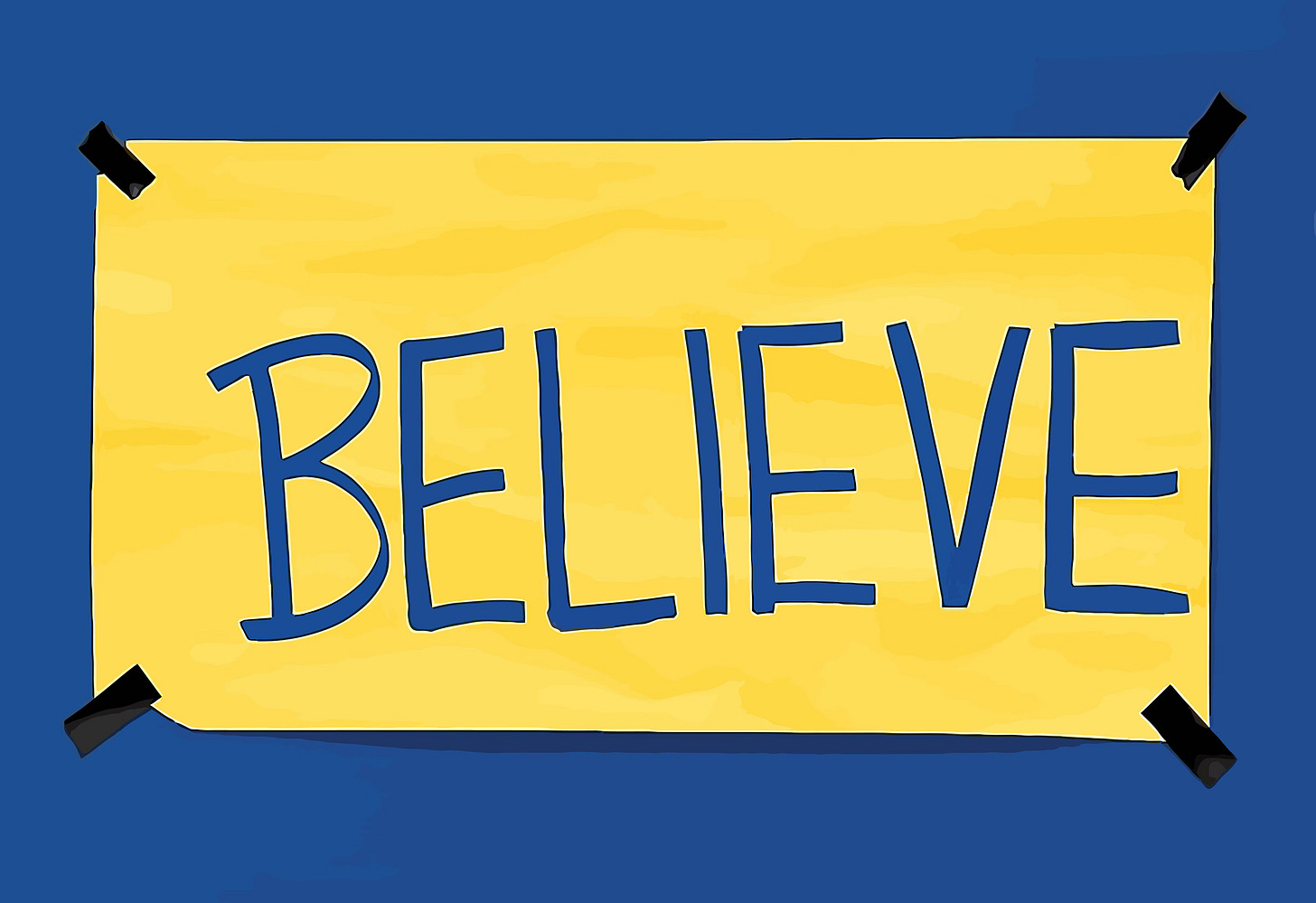The GCC exists to promote quality and ethical coaching practices, build meaningful connections with peers, and provide inclusive support for coaches across the world. We offer resources, activities, conversations, and collaboration needed for coaches to thrive.
As coaches, our core purpose is to uplift others. We strive to listen deeply, ask thoughtful questions, and guide people toward realizing their potential. However, in our zeal to help others thrive, it's easy to neglect ourselves. The wildly popular, quirky, and heart rendering story of Ted Lasso, from the show of the same name, reminds of this fact played out in a compelling, feel-good story (spoilers ahead, if you haven’t watched this series yet).
Ted Lasso follows a perpetually upbeat American football coach hired to manage an English Premier League soccer team. He is a coach, in the sporting context, who also reflects a lot of coaching in the personal development context. Ted Lasso is a beloved character known for his glass-half-full approach, empathy, and unwavering belief in his players, no matter how egoistic, grumpy, depressed, or insecure they are. He is an oft misunderstood yet shining star at his job. However, beneath his sunny exterior lies a complex individual grappling with demons he is reluctant to confront. Despite his mastery at motivating others, Ted resists seeking the very tools that could help him personally.
Ted is initially distrustful of therapists and the very notion of asking for help. This wariness is common among many professionals who want to appear perfectly competent and in control. In fact, many excellent coaches are largely un-coachable, avoiding all but the most superficial coaching opportunities for themselves.
It’s true that admitting vulnerability can feel threatening. However, by refusing to confront his anguish, Ted's problems mount until he experiences a mental health crisis that derails his ability to do what he loves the most – coach! This crisis finally compels Ted to accept guidance from the team's therapist. With her support, Ted gains insight and develops healthier coping strategies.
Don’t let yourself get caught in resistance and wind up being unable to do what you love - Let’s examine some of the common obstacles that impede coaches from getting support, including:
Ego: A delicate ego can make someone resistant to seeking help from a coach because asking for assistance might feel like an admission of inadequacy.
Fear of failure: How frightening would it feel to think you could somehow ‘fail’ at self-improvement?!
Fear of judgment: Worry about what a therapist might think after knowing about one's struggles can make someone hesitant to open up and seek counseling or coaching.
Loss of control: Somehow if an idea comes from, or through, someone else, then it somehow feels like you’re not in charge of your own life. You had to do it someone else’s way.
These blocks are very common and having them doesn’t mean you’re hopeless! Recognizing these blocks are present for you is a sign of self-awareness, being aware of their destructive power is wisdom, and facing them is an act of courage!
Often once recognition of these obstacles is made, support and expanding your information about yourself, and the situation, can get you moving in the right direction. Here are strategies to help you become more open to assistance and expand your coach-ability:
Foster Openness About Mental Health: Cultivate an atmosphere of openness and empathy about mental health struggles in your life.
Redefine Success: Rather than tying your worth solely to professional accomplishments, redefine success to include mental well-being and work-life balance.
Establish Clear Boundaries: Resist the temptation to let work bleed into all areas of life. Establish clear boundaries between professional time and personal time to protect yourself.
Join Supportive Groups or Communities: Join peer support groups with like-minded professionals. Discover you are not alone and learn new strategies for resilience. Having a good group on your side makes the journey easier. (Like the Global Coaches Coalition, of course!)
Commit to Lifelong Learning: Reading books, attending conferences, or signing up for courses on personal development can all provide fresh self-insights. Be sure that your learning is about yourself, not just more coach training!
Try Therapy/Coaching: View both as self-improvement, not weakness. Be open to trying one, or both, modalities to develop healthier thought patterns and coping skills.
The key takeaway is how powerful it is to have the courage to admit when we need coaching, and valuing coaching as a first-tier go-to when we’re ready to evolve. Suppressing our struggles only leads to greater pain.
All coaches have more room to grow. Be patient with yourself on the journey. By nurturing our inner lives, we can better help others flourish. Ted Lasso's story reminds us that even the best leaders need support on the road to becoming our best selves.
And that's something to “Believe” in. (IYKYK)








